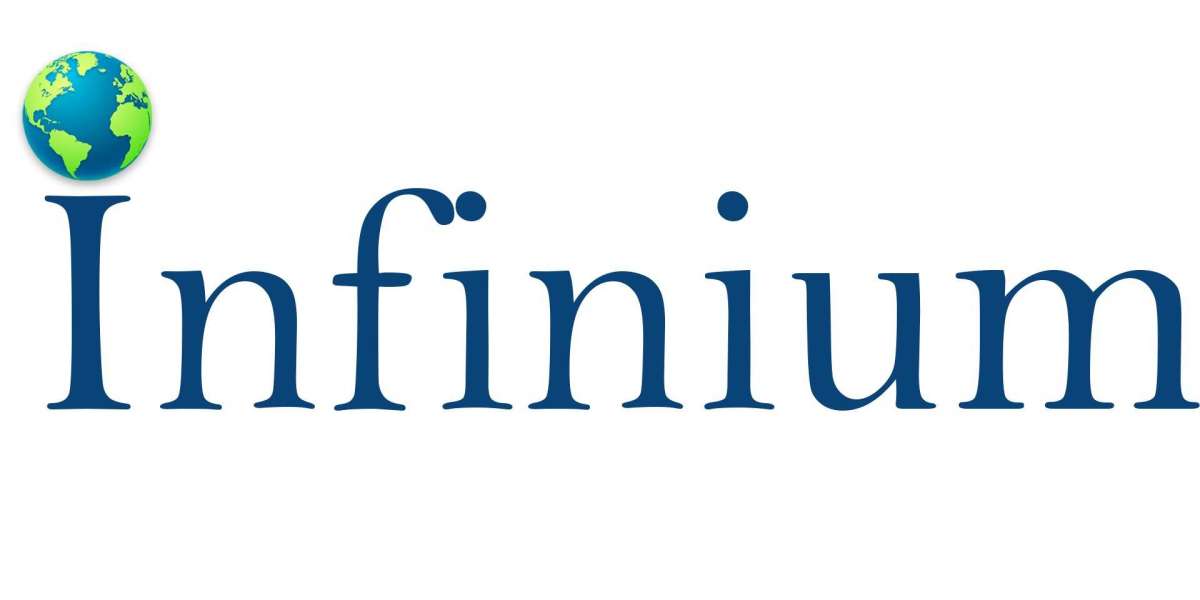The X-ray imaging market is a pivotal sector in the healthcare and diagnostic industries, driven by technological advancements and increasing healthcare demands. As a non-invasive diagnostic tool, X-ray imaging plays a crucial role in the early detection and management of various medical conditions. This article explores the current trends, market drivers, and future prospects of the X-ray imaging market, with a special focus on the insights provided by Infinium Global Research LLP.
The global X-ray imaging market was valued at USD 8.66 billion in 2022 and is expected to reach USD 13.15 billion in 2030, with a CAGR of 5.37% during the forecast period 2023-2030.
Get Sample pages of Report: https://www.infiniumglobalresearch.com/form/138?name=Sample
Market Overview
X-ray imaging is a widely used technique that helps in visualizing the internal structures of the body, primarily bones and organs, using X-ray radiation. It is a fundamental tool in hospitals, clinics, and diagnostic centers for a variety of applications, including medical diagnostics, dental imaging, and industrial inspections.
Key Market Trends
- Technological Advancements: The X-ray imaging market is witnessing significant technological innovations. Digital radiography (DR) systems, which offer faster image acquisition and improved diagnostic accuracy, are gaining popularity. The integration of artificial intelligence (AI) and machine learning algorithms is further enhancing image quality and diagnostic efficiency.
- Increased Healthcare Spending: Rising healthcare expenditures globally are contributing to the growth of the X-ray imaging market. Enhanced healthcare infrastructure and growing demand for advanced diagnostic tools are driving market expansion.
- Growing Geriatric Population: The aging population worldwide is more susceptible to chronic diseases and orthopedic conditions, increasing the demand for diagnostic imaging services. X-ray imaging remains a primary tool for diagnosing age-related conditions such as osteoporosis and fractures.
- Emerging Markets: The X-ray imaging market is expanding in emerging economies due to improvements in healthcare infrastructure and increasing awareness about advanced diagnostic technologies. Regions like Asia-Pacific and Latin America are experiencing rapid growth in the adoption of X-ray imaging systems.
- Focus on Patient Safety: There is a growing emphasis on reducing radiation exposure and improving patient safety. Innovations such as low-dose X-ray imaging and advanced shielding techniques are being introduced to mitigate the risks associated with radiation.
Market Drivers
- Technological Innovations: The development of advanced X-ray imaging technologies, such as 3D imaging and portable X-ray devices, is driving market growth. These innovations provide more accurate and detailed images, improving diagnostic capabilities.
- Rising Incidence of Chronic Diseases: The increasing prevalence of chronic diseases such as cancer, cardiovascular diseases, and respiratory disorders is fueling the demand for diagnostic imaging, including X-ray.
- Increased Awareness and Accessibility: Growing awareness about the benefits of early diagnosis and improved accessibility to healthcare facilities are contributing to the higher adoption of X-ray imaging.
The Role of Infinium Global Research LLP
Infinium Global Research LLP plays a crucial role in providing valuable insights and analysis of the X-ray imaging market. Their comprehensive market research reports offer in-depth knowledge of market trends, key players, and growth opportunities. By leveraging Infinium Global Research LLP’s expertise, stakeholders can make informed decisions and strategically navigate the evolving landscape of the X-ray imaging market.
Regional Analysis:
North America leads the X-ray imaging market due to its advanced healthcare infrastructure, high healthcare spending, strong regulations, and focus on innovation. The United States is a key driver in this region. Asia-Pacific is the fastest-growing region, with emerging economies like China and India experiencing significant growth due to increased healthcare investments, population growth, and rising awareness about medical imaging. Modernization of healthcare facilities and the demand for non-invasive diagnostics further drive the adoption of X-ray imaging in this region.
Market Segmentation:
The global X-ray imaging market is segmented into portability, technology, application, and end user. Portability options include stationary and portable. Technologies include analog and digital. Applications cover orthopaedic, chest, dental, and mammography. End users include diagnostic centers and hospitals.
Competitive Landscape
Koninklijke Philips N.V., Siemens Healthcare Private Limited, GE HealthCare, Hitachi, Ltd., Toshiba Corporation, Shimadzu Corporation, Carestream Health, Hologic, Inc., FUJIFILM India Private Limited, and Canon Medical Systems, USA.
Report Overview: https://www.infiniumglobalresearch.com/market-reports/global-x-ray-imaging-market
Future Outlook
The X-ray imaging market is poised for continued growth, driven by ongoing technological advancements and increasing healthcare demands. The integration of AI and machine learning will likely enhance diagnostic accuracy and operational efficiency. Additionally, the focus on patient safety and the development of advanced imaging techniques will shape the future of the X-ray imaging market.
Conclusion
The X-ray imaging market continues to evolve with technological advancements and increasing healthcare needs. The growing demand for accurate and efficient diagnostic tools, coupled with innovations in imaging technologies, is driving market growth. Infinium Global Research LLP’s market insights are instrumental in understanding the dynamics of this sector and identifying future opportunities. As the market progresses, stakeholders must stay informed and adapt to the latest trends to stay competitive and meet the evolving demands of the healthcare industry.



